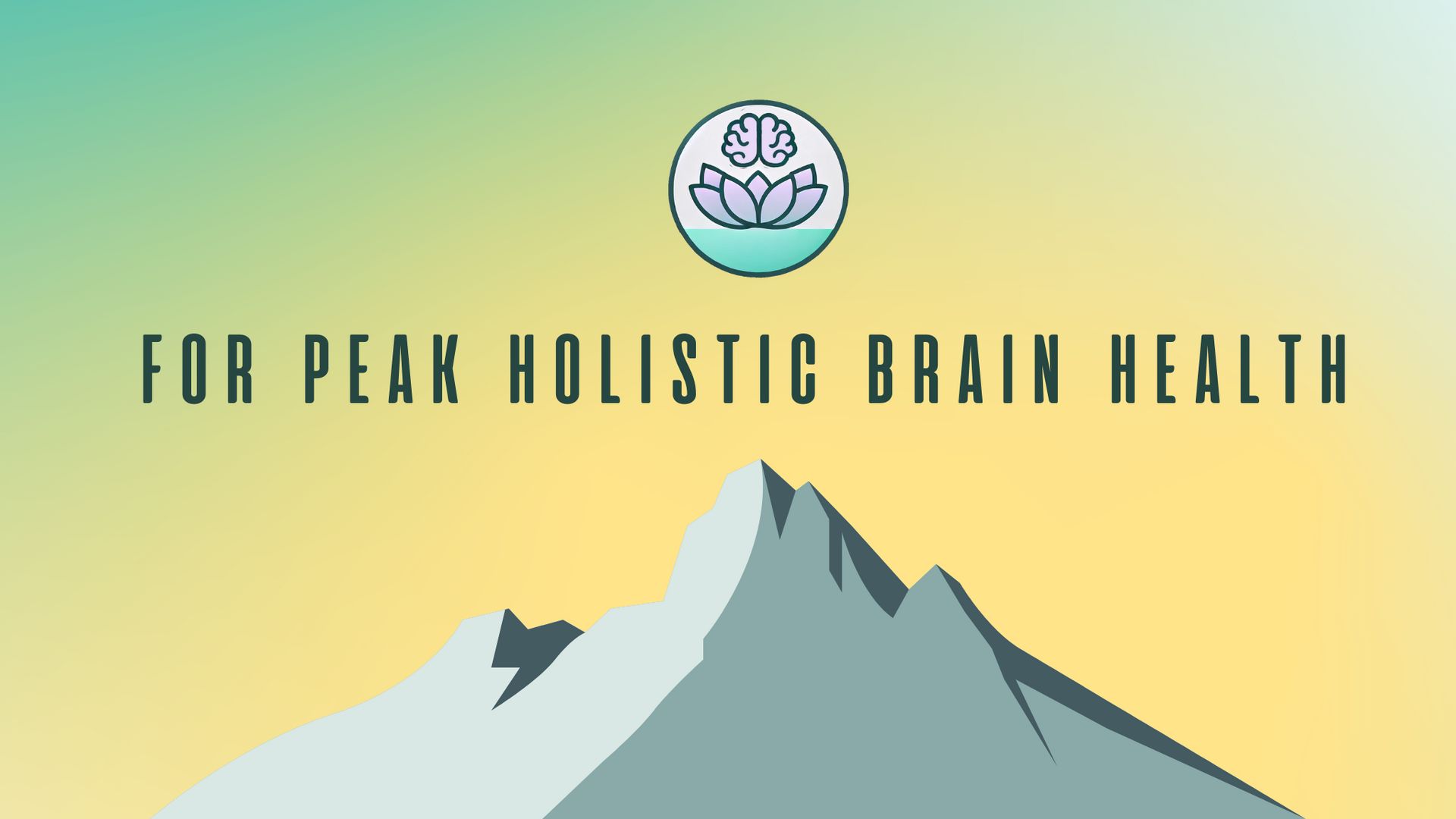- Zen Brain Blueprint
- Posts
- 🧠 The Nap Effect: Why 20 Minutes a Day May Keep Your Brain Young
🧠 The Nap Effect: Why 20 Minutes a Day May Keep Your Brain Young
Science reveals how short daytime naps preserve brain volume and slow cognitive aging — no pills, no wearables, just rest.
🧭 The Big Idea
What if the secret to a younger brain wasn’t buried in a supplement stack, tech device, or futuristic therapy — but in the timeless act of simply lying down and closing your eyes?
New research out of University College London suggests that the humble daytime nap may be one of the most powerful, overlooked tools for maintaining brain structure and staving off cognitive aging or neurodegeneration.
Here’s the clincher: it doesn’t have to be long. A regular 20-minute nap might do more for your brain’s longevity than hours of biohacking.

🧠 The Brain Boost of a Nap
In a large-scale study involving over 378,000 adults aged 40 to 69, scientists used Mendelian randomization to investigate the genetic tendency to nap and its relationship to brain health.
Their findings?
📈 Regular nappers had significantly larger total brain volumes than non-nappers — a key marker of cognitive resilience and youthfulness.
🧠 The difference in brain volume translated to an apparent 2.6 to 6.5 years “younger” brain age.
📊 Interestingly, cognitive test scores didn’t differ significantly between groups — highlighting that structure can be preserved even when performance seems unchanged.
This reveals something powerful: Naps don’t just help you “feel better” — they may be actively protecting your brain from aging.
🌿 Ancient Wisdom, Modern Science
Cultures across time — from Mediterranean siestas to yogic “yoga nidra” — have embraced midday rest as a daily ritual, not a luxury.
Today, neuroscience is catching up:
Naps restore the glymphatic system, helping the brain clear waste and reduce inflammation.
Short naps (<30 mins) boost hippocampal function, supporting memory consolidation.
Even brief sleep can rebalance cortisol and GABA, calming the nervous system and improving mood.
Unlike coffee or blue light therapy, naps restore energy without stimulation. They invite stillness, not more input.
🛏️ The 20-Minute Protocol
Here’s how to turn napping into brain tech:
✅ Keep it short – Aim for 10 to 30 minutes. Longer naps may lead to sleep inertia or nighttime disruption.
✅ Same time each day – Your circadian rhythm loves rhythm. Early afternoon (1–3 PM) works best.
✅ Create a wind-down zone – Dim the lights, silence your phone, and allow 5 minutes to settle.
✅ No guilt – Remember: napping is not laziness. It’s longevity.
✅ Optional tools: eye mask, calming breath, binaural beats, or weighted blanket if helpful.
If you can’t fall asleep, simply lying down with closed eyes and slow breathing still provides restorative parasympathetic activation. This is why at zenbrain.academy, I recommend Yoga Nidra as a fantastic substitute for napping to get more out of that 20-minute break.
🧘♀️ Zen Brain Practice: The Nap Reset
Try this 5-minute practice before your nap:
Breath Awareness – Inhale for 4, exhale for 6. Feel your body soften with each out-breath.
Progressive Relaxation – Mentally scan from head to toe, releasing any tension you find.
Set an Intention – Whisper silently: “I give my brain permission to rest and renew.”
You might drift off… or not. But you will emerge refreshed, rebalanced, and a little more neuro-resilient.
🧠 Neuroscience in Action
“A 20-minute nap may not make you smarter immediately, but it could keep your brain biologically younger by years.”
– UCL Brain Health Study, 2023
📌 Bottom Line
Rest is regenerative medicine.
The future of brain health isn’t always about doing more — sometimes it’s about doing less, more mindfully, for better results with less energy expenditure.
It’s time we stop measuring rest by productivity and start seeing it as preservation. Because while the world accelerates, your brain still needs rhythm, stillness, and downtime to thrive.
💬 Do you nap regularly? How does it affect your focus or creativity?
Share in the comments at zenbrain.academy or tag me on X @drbrianramos.
🌀 Stay rested. Stay resilient. Stay Zen.
